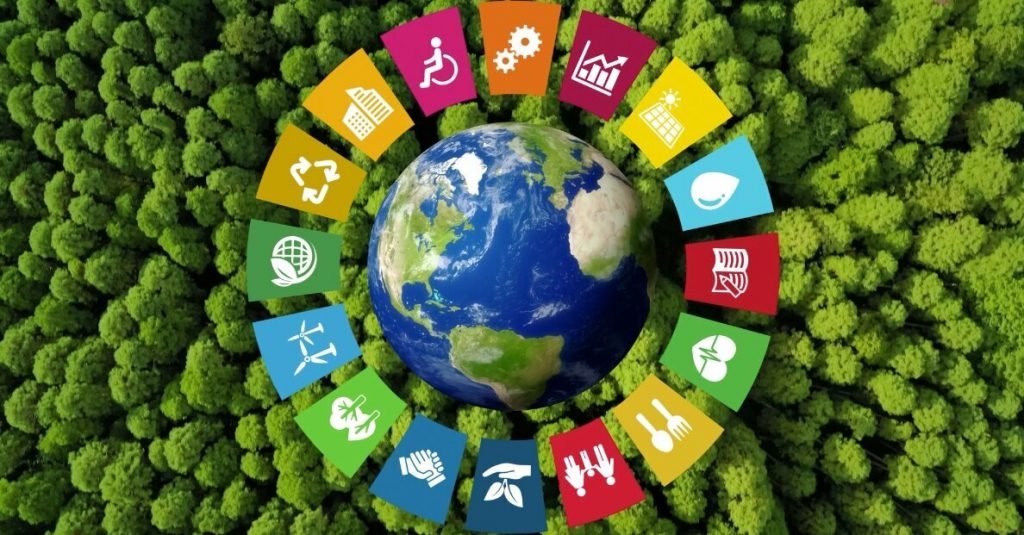By Chris Githaiga
There are concerns over deterioration of our environment – it is hard to ignore the effects of climate change, such as the increase in frequency and intensity of weather events across the world. In fact, there is a near unanimity that we are heading for environment disaster unless we quickly change our habits.
According to the Ipsos Global Predictions 2023 report, most people believe there will be more climate change consequences this year. For example, 65% (up from 60% in 2022) say it is likely there will be more extreme weather events next year.
The survey, carried out in December 2022, also reveals that more than half (57%) feel that 2023 will likely be the hottest year on record where they live while around one-in-three (36%) are even more pessimistic, thinking it is likely that parts of their country will become unlivable because of an extreme weather event during the coming year.
Indeed, more than four in ten (45% up from 39% last year) expect a natural disaster to hit a major city in their country. This is why it is important that everyone takes bold action to reduce greenhouse gas emissions, and carbon footprints.
Kathleen Rogers, who is the President of EARTHDAY.ORG, an organization that hosts the “Earth Week” in an effort to amplify inspiration and action towards saving the planet, says we can solve the world’s greatest problem, climate change by engaging governments, businesses, institutions, and the citizens,
“There is unlimited opportunity to right the wrongs of past actions and build a new version of society. But, we have a very short window of time and we need everyone to invest in our planet now,” Rogers explains.
This urgency with which we must work has seen expectations and demands for greater sustainable practices increase amongst all potential stakeholders from investors to shareholders, consumers to business partners, and pressure through evolving legislation. The need is further evidenced as shown by Ipsos global corporate reputation council report where 55% of council members stated that Environment, Social and Governance (ESG), has fundamentally changed the way their business operates, with 81% agreeing that poor ESG performance now has material consequences.
ESG are a set of standards that have developed in the industry to evaluate how companies operate in respect of the world around them, the people they deal with and whether they govern themselves in a responsible manner. The E in the ESGs, in particular, is the Environment – an assessment of how a company interacts with its environment. Fundamentally, it is a measure of a company’s impact on the natural or physical environment, this could be related to use of natural resources, policies on business travel or how it reduces waste in its operations, for example.
Climate change is perhaps the most significant of challenges facing humanity, and therefore one of the most important elements in assessing ESG factors; this is because of the impact that climate change has on every aspect of our lives.
In Kenya, for instance, climate change has led to frequent droughts that have resulted into decreased yields of the most important staple crops, maize and beans. The cost of these commodities are currently at an all-time high as several families languish in hunger.
Climate change is also affecting the traditional way of life of some of the semi-nomadic tribes in Kenya. Pastoralist communities have experienced scarcity of pasture due to a prolonged drought, the worst in 40 years, and three years of absolute rain failure. As a result, the country has lost 2.5 million head of livestock owing to drought. Rising food prices too have made an already bad situation worse. And the pressure to act is growing and coming from all directions: citizens, consumers, shareholders, investors, regulatory bodies and competitors.
Companies that fit ESG criteria will be well equipped to manage risk and operate in a sustainable manner in the future. It is also interesting to note that many investment managers are integrating ESG methodology into their investment processes from the ground up, rather than incorporating them into specific ethical or socially conscious strategies alone.
So, it is no longer a question of when companies, governments and individuals should act, but how they should go about it. This need to act has never been more pressing, however, a market research company can help you identify where to start, how to understand the sustainability landscape and where your organisation fits in.
As we celebrate Earth Day, it behooves the corporate world to do more to embed the sustainability agenda in their ESGs to help save the plant.
The writer is the managing director of Ipsos in Kenya.


